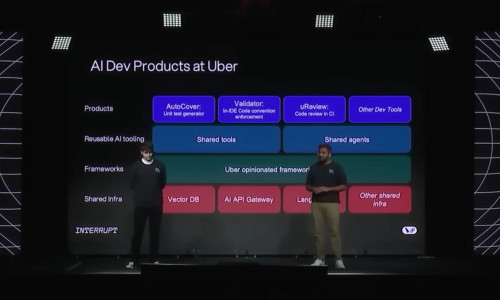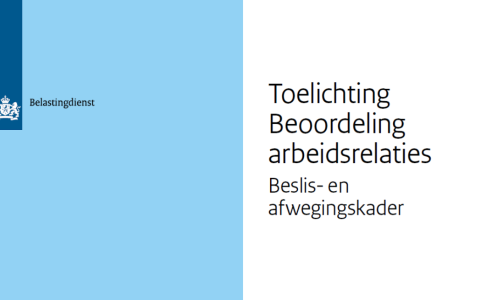
AI-implementatie
From promise to proof: does Agentic AI really work?

Working with AI
IT department never more popular than now

AI in business
How NXTminds uses Gen AI to increase speed and quality

AI in business
Intermediary and AI community for interim tech professionals and forward-thinking organisations

Working with AI
🚀 The power of GenAI: from text to podcast, from podcast to video

Regulation